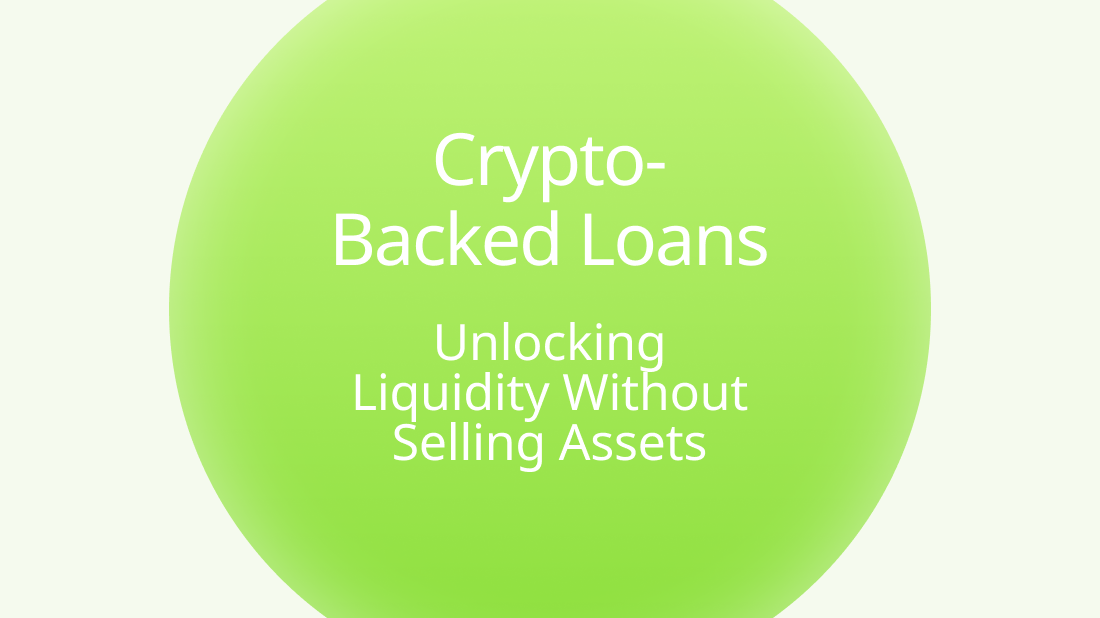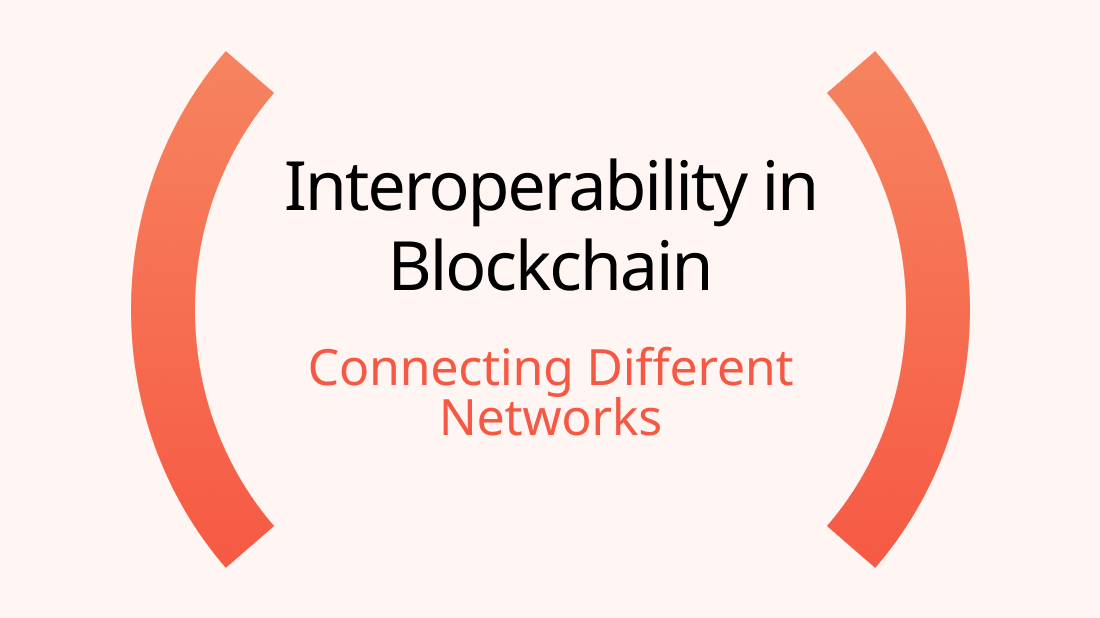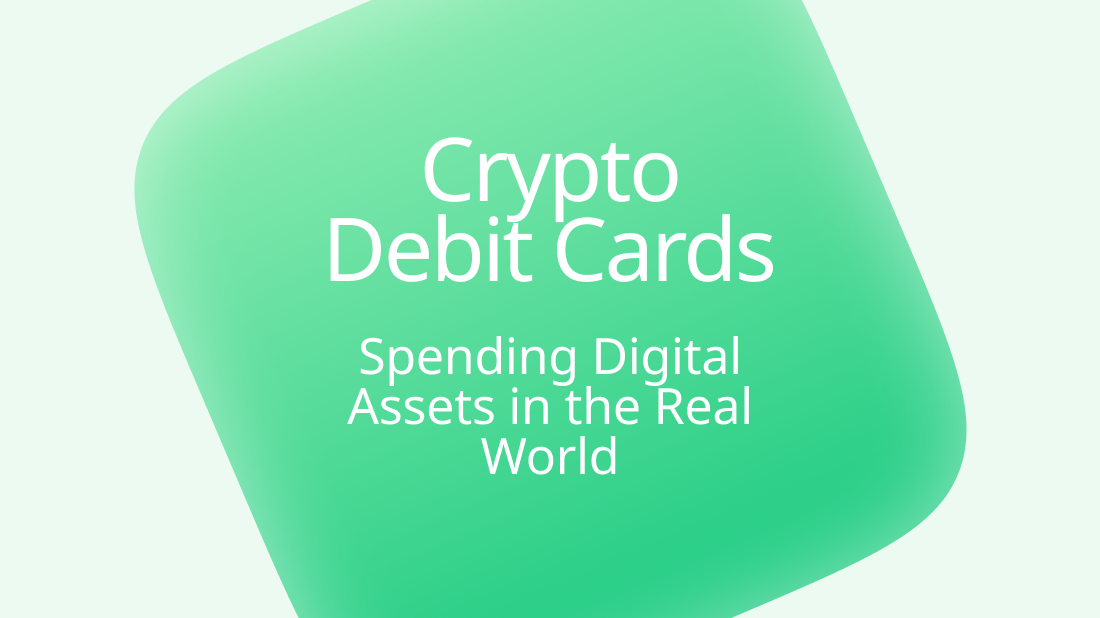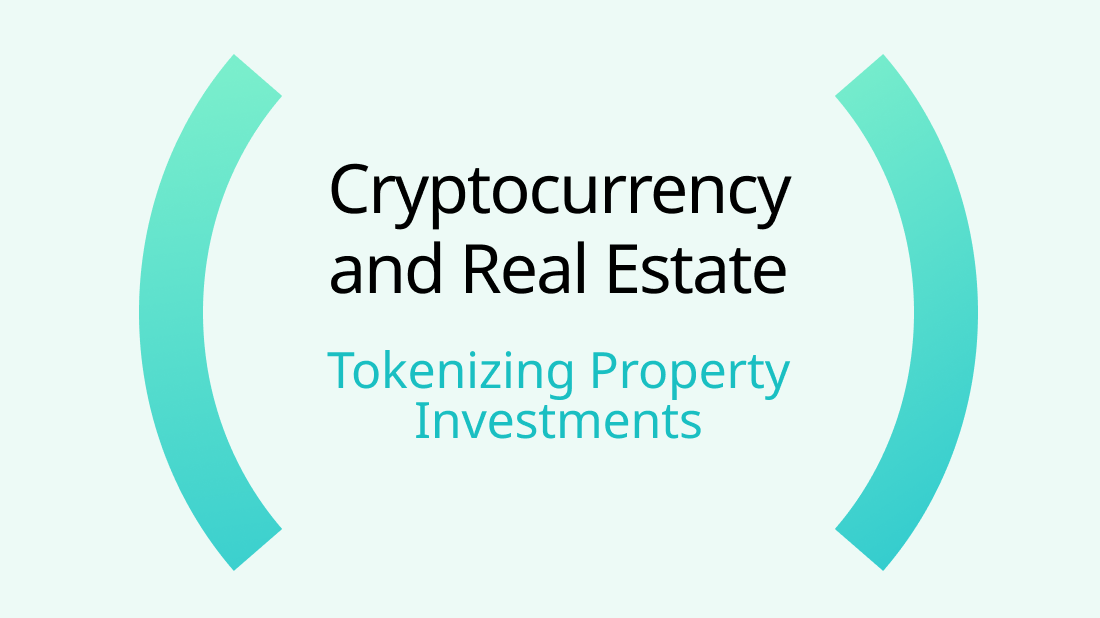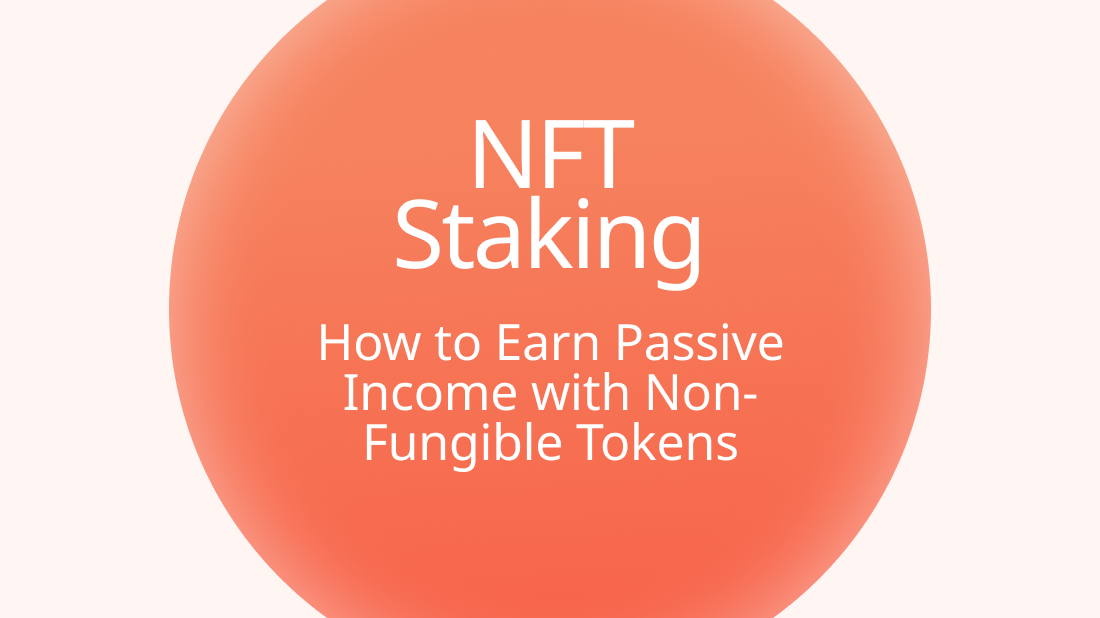Crypto Gaming: Blockchain's Impact on the Gaming Industry
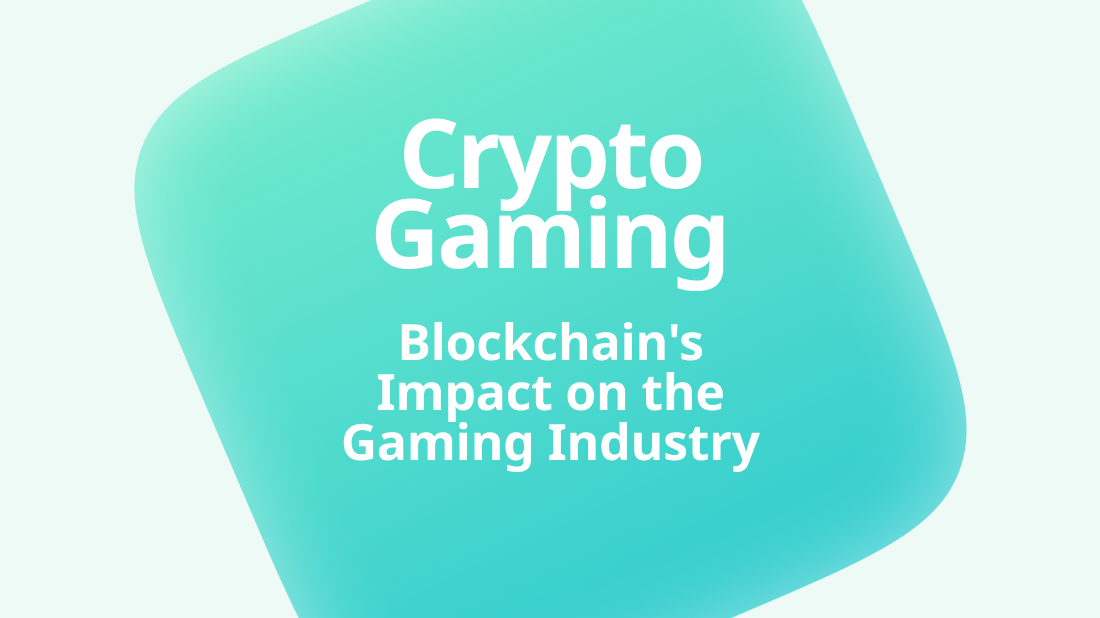
In the dynamic intersection of cryptocurrencies and gaming, a revolutionary evolution is taking place, redefining the landscape of digital entertainment. This fusion, often referred to as blockchain gaming, introduces a new paradigm where players can not only enjoy immersive gaming experiences but also unlock real-world value through blockchain technology. In this article, we will explore the impact of blockchain on the gaming industry, delving into play-to-earn models, blockchain-based gaming platforms, and the overarching benefits that this marriage of technologies brings to both gamers and developers.
Understanding Blockchain Gaming
At its core, blockchain gaming involves integrating blockchain technology into video games. This integration brings about several transformative elements, including decentralized ownership of in-game assets, transparent and secure transactions, and the introduction of novel economic models, such as play-to-earn.
Benefits of Blockchain Gaming
- Ownership of In-Game Assets:
One of the defining features of blockchain gaming is the concept of true ownership of in-game assets. Traditionally, players didn't have real ownership of the items they acquired in games. With blockchain, each in-game asset is represented by a unique token on the blockchain, providing players with actual ownership and the ability to trade or sell these assets.
- Play-to-Earn Models:
Blockchain gaming introduces play-to-earn models, where players can earn cryptocurrency or valuable in-game assets by participating in the game. This economic model not only transforms gaming into a potentially lucrative activity but also creates a more equitable distribution of value between players and developers.
- Interoperability and Cross-Game Assets:
Blockchain enables interoperability and the possibility of cross-game assets. Players can use their blockchain-based assets across different games within the same blockchain ecosystem, fostering a seamless and interconnected gaming experience.
- Transparent and Secure Transactions:
Blockchain's decentralized and transparent nature ensures secure transactions within the gaming ecosystem. This eliminates fraud and provides a trustworthy environment for in-game purchases, trades, and other economic activities.
Blockchain in Games: Real-world Examples
- Axie Infinity:
Axie Infinity, a blockchain-based game built on the Ethereum network, allows players to collect, breed, and battle fantasy creatures known as Axies. The in-game assets, including Axies and land, are tokenized on the blockchain, enabling players to truly own and trade them.
- Decentraland:
Decentraland is a decentralized virtual world where users can buy, sell, and build on virtual land. The ownership of virtual land is secured through blockchain technology, and users have the freedom to create and monetize content within this digital universe.
- CryptoKitties:
CryptoKitties, an early blockchain game, allows players to collect, breed, and trade unique virtual cats. Each CryptoKitty is represented as an NFT (non-fungible token) on the blockchain, ensuring ownership and scarcity.
Interesting Facts About Blockchain Gaming
Rise of Play-to-Earn:
The play-to-earn model gained significant traction with Axie Infinity, where players in some regions started earning more from playing the game than from traditional jobs.
Blockchain-Based Virtual Real Estate:
Virtual real estate within blockchain games, such as Decentraland and The Sandbox, has seen significant transactions, with users purchasing digital land for substantial amounts.
Blockchain Gaming Market Growth:
The blockchain gaming market has experienced exponential growth, with the total market capitalization of blockchain gaming tokens surpassing billions of dollars.
Conclusion: The Future of Gaming Unleashed
As blockchain gaming continues to gain momentum, it is clear that this innovative fusion of technologies is reshaping the future of the gaming industry. The benefits of blockchain gaming, including true ownership of in-game assets, play-to-earn models, and transparent transactions, not only enhance the gaming experience but also introduce new economic possibilities for players and developers alike.
The examples of Axie Infinity, Decentraland, and CryptoKitties showcase the tangible impact of blockchain on gaming, creating a new era where digital assets hold real-world value. As the blockchain gaming ecosystem evolves, it brings us closer to a future where the boundaries between the virtual and the real blur, opening up unprecedented opportunities for creativity, collaboration, and economic empowerment within the gaming community. In this dynamic landscape, blockchain is not just a technology; it is the key unlocking the full potential of the gaming universe.



